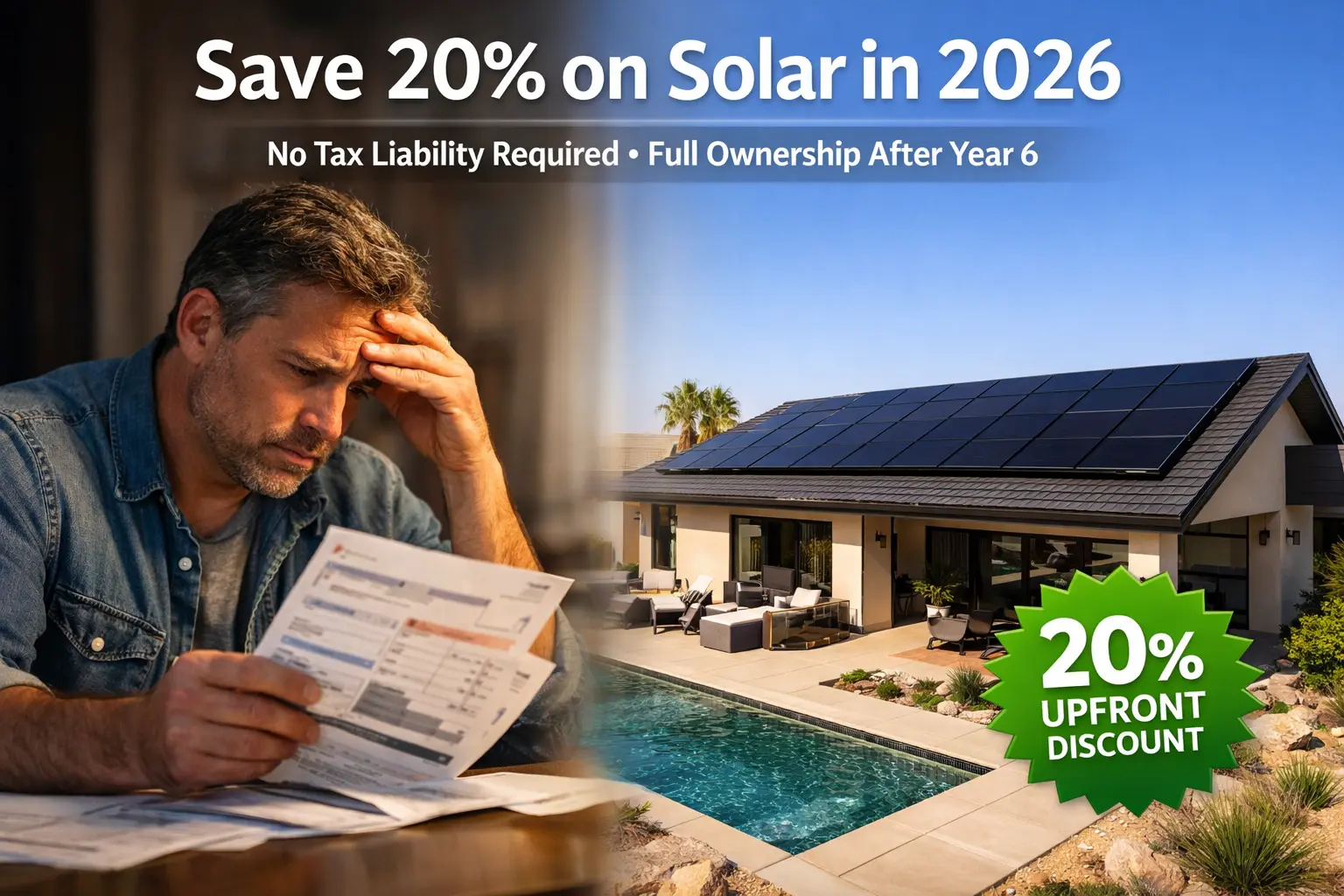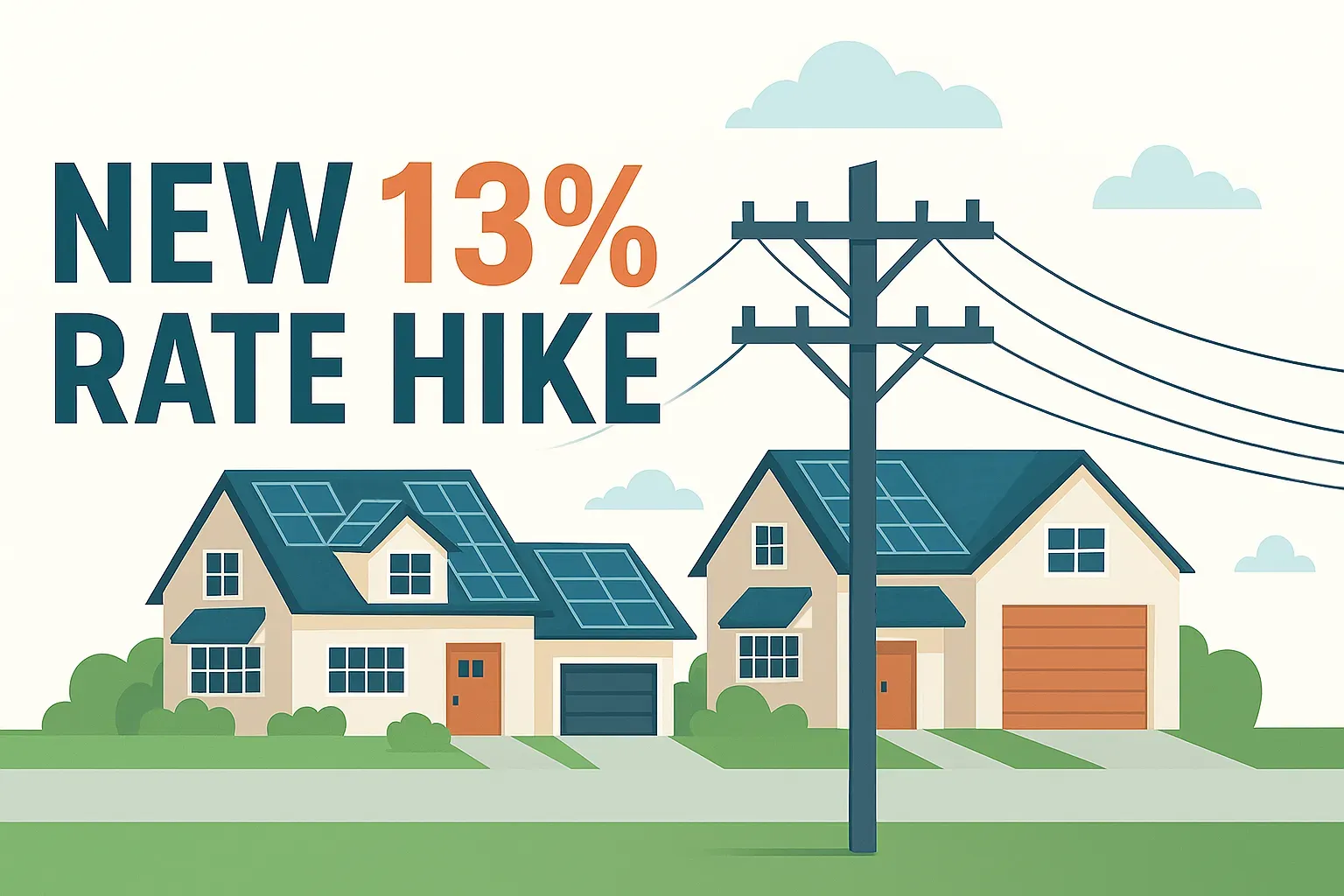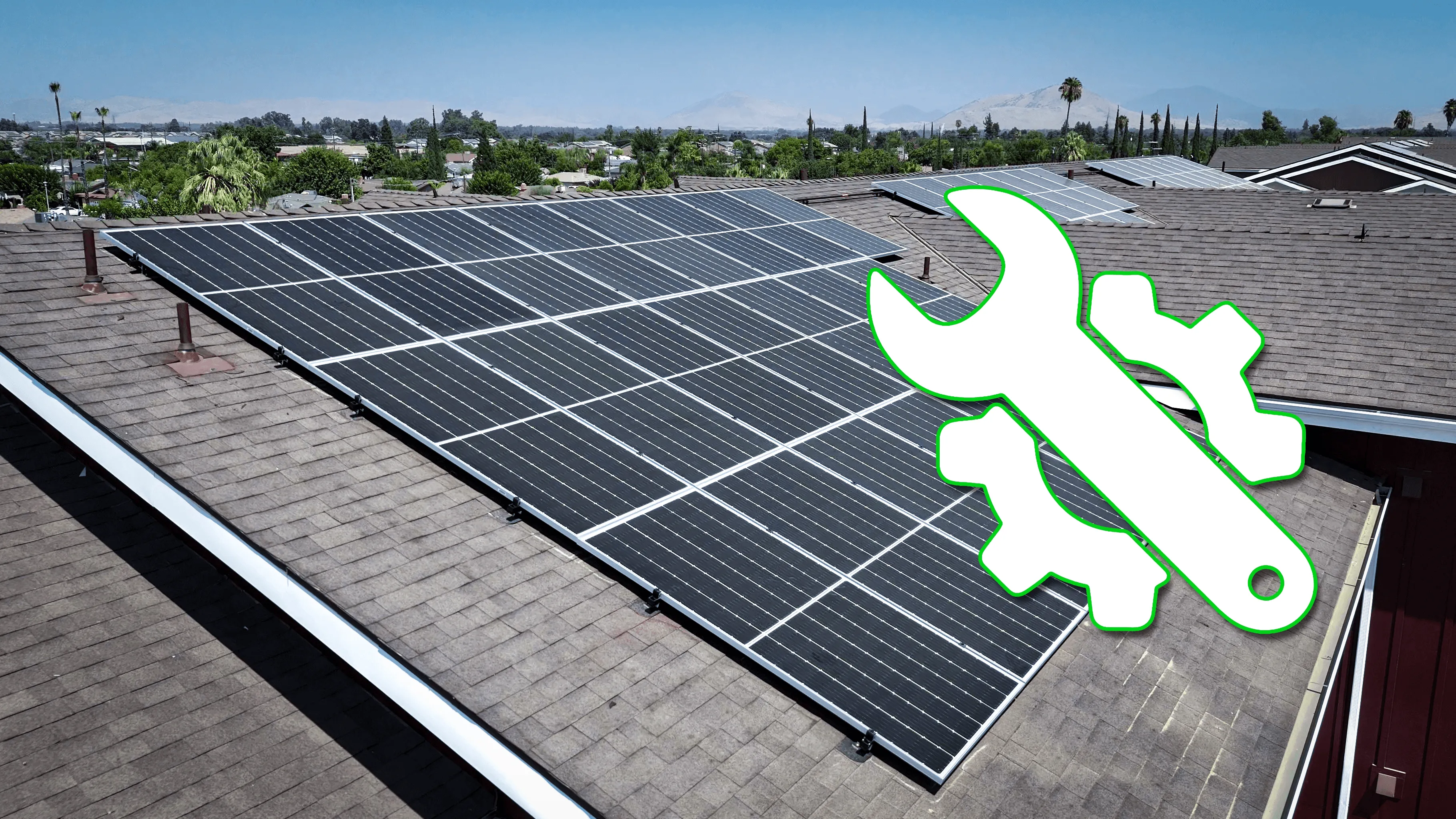Published On:
January 1, 1970
Solar energy has gone from being a small trend to a popular way to power homes and businesses, as more people talk about it, the amount of information can feel overwhelming, in this guide, we’ll break down the basics of solar energy, its benefits and challenges, and what to expect if you decide to go solar.
Ready to harness the sun’s power and reduce your energy bills Contact Option One Solar today to find out how solar energy can be tailored to fit your needs.
Harnessing the Power of the Sun: How the Solar Panels Works
Solar panels, also known as photovoltaic (PV) panels, are the workhorses of a solar energy system, they capture sunlight and convert it into electricity using the photovoltaic effect.
Photovoltaic Effect: From Photons to Electricity
Each solar power panel is made up of many small photovoltaic cells, usually made from silicon, these cells work like tiny power plants, capturing solar energy to convert sunlight.
When sunlight hits the panel, the light energy causes the electrons in the silicon cells to get excited and break free from their atoms.
The solar photovoltaic technology cells are built with an electric field that helps guide these free electrons, creating an electrical current.
From Panels to Power: The Solar Energy System
While the photovoltaic effect explains how individual panels generate electricity, a complete solar panel system involves several components working together.
Here’s a simplified overview:
Solar Panels : The stars of the show are responsible for capturing sunlight and converting it into electricity.
Inverter : This device converts the direct current (DC) electricity produced by the panels into alternating current (AC) electricity, powering our homes and businesses.
Metering System : Monitors the electricity flow to and from the grid, allowing you to track your solar energy production and consumption.
Battery Storage : An optional but increasingly popular component that stores excess solar energy, this stored solar energy technologies office is used when the sun isn't shining, enhancing energy independence.
Advantages and Disadvantages: Weighing the Pros and Cons
Like any energy source, solar energy has advantages and disadvantages, understanding these trade-offs is vital when deciding if concentrating solar basics is right for you.
Shining a Light on the Benefits
Option One Solar energy is a clean and renewable energy source that doesn’t release harmful gases, one of the main benefits of solar energy is the potential to save a lot of money on electricity bills.
Many people think solar only works in sunny places, but solar panels can still make electricity on cloudy days, while the output may be lower, the panels still capture enough sunlight to work.
Some utility companies even offer net metering programs, allowing you to sell extra electricity back to the grid and save even more.
Looking at the Flip Side: Solar’s Drawbacks
The initial cost of installing solar panels can be expensive for homeowners, it's good to think about the money you could save on electricity over time and the financial help available, like tax credits and rebates.
In some places, getting permits and going through the installation process can be slow and challenging due to local rules.
Another thing to consider is space. If your roof is small or you live in a shaded area, your solar energy system might not work as well.
FAQs About Solar Energy
What is solar energy efficiency?
Solar energy efficiency refers to the percentage of sunlight that solar panels convert into usable electricity, higher efficiency panels generate more power from the same amount of sunlight, making them ideal for maximizing renewable energy use.
How does a concentrating solar power work?
Concentrating Solar Power (CSP) uses mirrors or lenses to focus sunlight onto a small area, generating heat that drives a turbine, this technology enhances solar energy efficiency by producing electricity even when the sun isn't directly shining.
Is solar energy a reliable source of the renewable energy?
Yes, solar energy is a highly reliable source of renewable energy because it relies on sunlight, which is abundant and sustainable, advances in solar energy efficiency and storage technologies make it even more dependable.
Why is solar energy considered a environmentally friendly?
Solar energy is environmentally friendly because it produces electricity without emitting harmful pollutants, its efficiency in generating clean power makes it a key solution for reducing carbon footprints especially in solar power plants.
Embrace Solar Power: A Smart, Sustainable Choice for the Future
Solar energy systems are a great way to move toward a cleaner and greener future, while it's important to consider both the pros and cons based on your needs, solar power is becoming more affordable better for the environment, and can save money over time, this makes it a popular choice for many people.
Trust the experts in solar energy, option One Solar provides top-quality installations and personalized solutions. Contact Option One Solar today for a free consultation, your future of cleaner, more affordable energy awaits.



